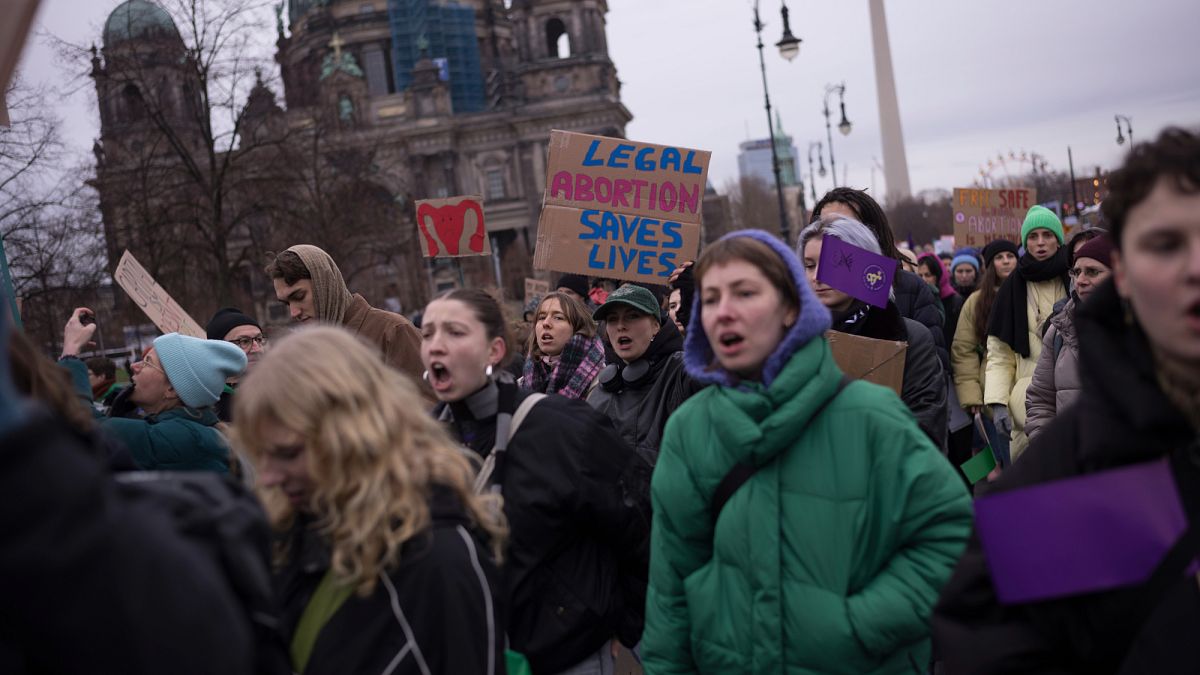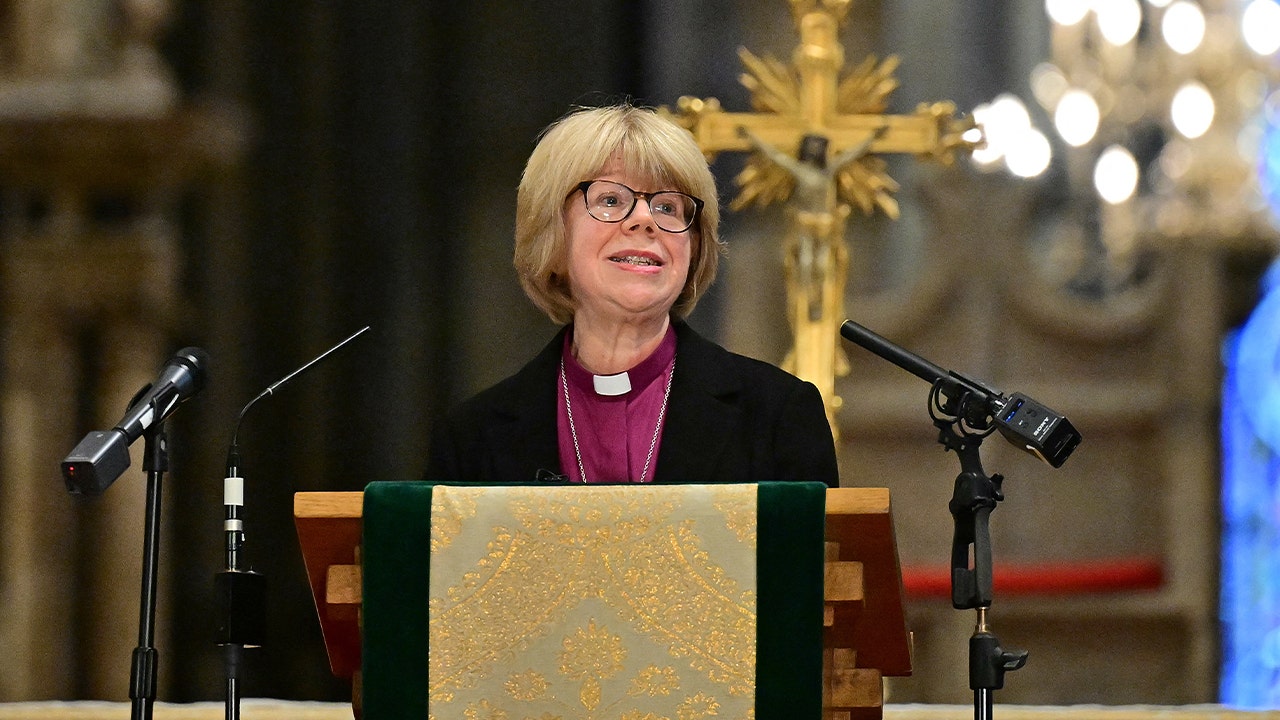ADVERTISEMENT
At 26 weeks pregnant, Mirela Čavajda found out her baby had a grave medical condition and would either be born with life-threatening conditions or most likely die before birth.
When Čavajda sought medical support in Zagreb, doctors at four different hospitals refused her request, some without explanation, while others said they could not confirm the diagnosis or did not have the necessary conditions to perform the procedure.
She then travelled to neighbouring Slovenia on doctors’ advice, where a commission approved her request to terminate the pregnancy. The procedure cost her around €5,000.
In Croatia, abortion on request is legal up to 10 weeks of pregnancy. After this point, it is only permitted in specific circumstances, such as Čavajda’s. The Croatian law dates back to 1972, and around one in every six doctors are conscientious objectors, meaning they can refuse to perform the procedure for moral or religious reasons.
Čavajda’s 2022 case drew massive media attention and sparked street protests. Within just two days, NGOs raised about €29,000 from 1,472 citizens and 16 organisations to support her. The surplus funds, according to the Croatian NGO leading the effort, were used to help women cover the costs of other healthcare services.
While a secondary commission approved her abortion amid public anger, and the health ministry promised to cover any costs of treatment abroad, the prolonged procedure and medical professionals’ hesitation made Čavajda feel “left all alone”, as she told media at the time.
While Croatian law remains restrictive, it is not the most severe in the EU, where Poland and Malta enforce near-total or total bans on abortion.
In Malta, the case of Andrea Prudente made headlines in 2022. Prudente, at 16 weeks pregnant and on “babymoon” in the Mediterranean island, suffered an incomplete miscarriage and had to seek an abortion, but could not have it in Malta, where it remains illegal under any circumstances. Because her life was in grave danger, her insurance arranged for her to be airlifted to Spain, where doctors carried out the abortion.
The case eventually led the Maltese lawmakers to ease the blanket ban on abortion where there was a risk to the pregnant person’s health. However, the law was subsequently amended to stipulate that they must be at risk of death to access an abortion — and even then, only after three specialists’ consent.
In Poland, the European Court of Human Rights (ECHR) found that a woman’s rights were violated when she was forced to travel abroad after a 2020 constitutional court ruling banned abortions due to severe fetal abnormalities.
Another 2021 case of a woman named Izabela, who died of sepsis after doctors delayed a life-saving abortion, led to massive country-wide protests and the conviction of three doctors for endangering her life. However, the court ruling and other restrictions remain in effect.
Currently, an estimated 20 million women in Europe lack access to appropriate abortion services, according to the EU-wide My Voice, My Choice activist movement.
To prevent similar scenarios, My Voice, My Choice is now urging the European Commission to intervene.
“The idea is that the citizens of countries where they cannot get an abortion because of different reasons will be able to travel,” said Nika Kovač, leader of the movement, speaking to reporters on Wednesday after meeting with European Commissioner for Equality Hadja Lahbib.
“Such practices already exist, for example, women from Poland have a good network of NGOs which are supporting their travels and medical procedures. But those medical procedures are costly, so what we want to do is to establish a way that NGOs or women themselves do not need to pay for them,” Kovač added.
The initiative has already gathered more than 1 million signatures — enough to trigger an official response from Brussels.
Brussels to respond by March
In response, the European Commission is reviewing the possibility of establishing a new voluntary fund to cover the costs of abortion for women who cannot access the procedure in their own country and must travel abroad for it.
As the proposal is still in its early stages, the exact details of how the fund would work are yet to be determined. However, it is proposed that member states would be able to choose whether to participate, with the EU providing financial support.
The Commission is expected to give campaigners an official reply by March 2026, outlining the actions it intends to take, if any.
For a European citizens’ initiative like this one to be valid, it must meet certain conditions, including falling within areas where the Commission has the power to propose legislation.
If the Commission does put forward a legislative proposal, it would then need approval from the EU’s co-legislators — the European Parliament and the Council of Ministers.
Both steps could prove challenging, as some representatives of different member states argue that abortion remains a moral and religious matter, citing the need to protect human life, which in their opinion extends to unborn children at any stage of pregnancy.
The initiative does not aim to grant a right to abortion at the EU level, Commission spokespeople told Euronews.
In December 2024, Commissioner Lahbib pointed out that initiatives to amend abortion laws remain squarely in the domain of individual countries.
“It’s a member state competence, so we will need an agreement from all of us. We will need this unanimity, but I hope that we will be able to protect women’s lives,” said Lahbib during her first appearance in the Parliament’s public health committee.
Read the full article here















